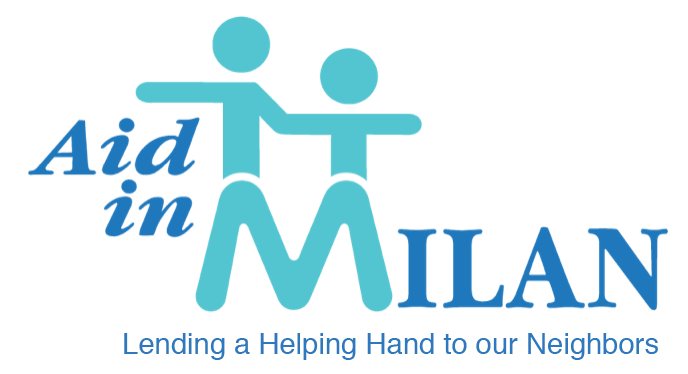Our Commitment to Diversity, Inclusion, and Equity is our commitment to our community and to you.
We commit to fight for fair and equitable treatment of all people, regardless of and not limited to, age, race, color, gender, disability, veteran status, gender identity or expression, sexual orientation, national origin, socio-economic status, or religion. We value diversity in our programming, hiring practices, volunteers, board members, and community. We commit to identifying and correcting barriers that limit diverse participation at all levels of our organization, and to continually address implicit bias through comprehensive training of our workforce, Board, and volunteers by challenging our knowledge and understanding. It is our hope that by embracing these practices, we will create positive change in our community.
Hunger is an Equity Issue.
African American households face hunger at 2x the rate of white, non-Hispanic households. Like all issues related to lack of access to resources- systemic racism has impacted wages, income, housing, land ownership, education, healthcare, and mass incarceration. And these systems are all connected. Lack of access to healthcare shortens lifespans, but it also increases the rates of life-limiting disabilities. It increases the amount of time it takes for a person to get an accurate diagnosis for a medical condition.
Lack of home ownership and property ownership in general translates to a lack of stability meaning that even small fluctuations in the economy make large waves for populations already at risk.
More than that- a cycle of constant deprivation increases stress which has a physical and physiological impact on people who are forced to survive in a state of marginalized personhood their entire lives. When a person is forced to constantly focus on meeting their day to day needs just to survive, how can they ever find the time, the strength, the extra to build beyond that?
Aid in Milan is committed to building a healthier community by addressing the systemic issues faced by marginalized communities and looking for ways to actively overcome the barriers faced by our neighbors.
